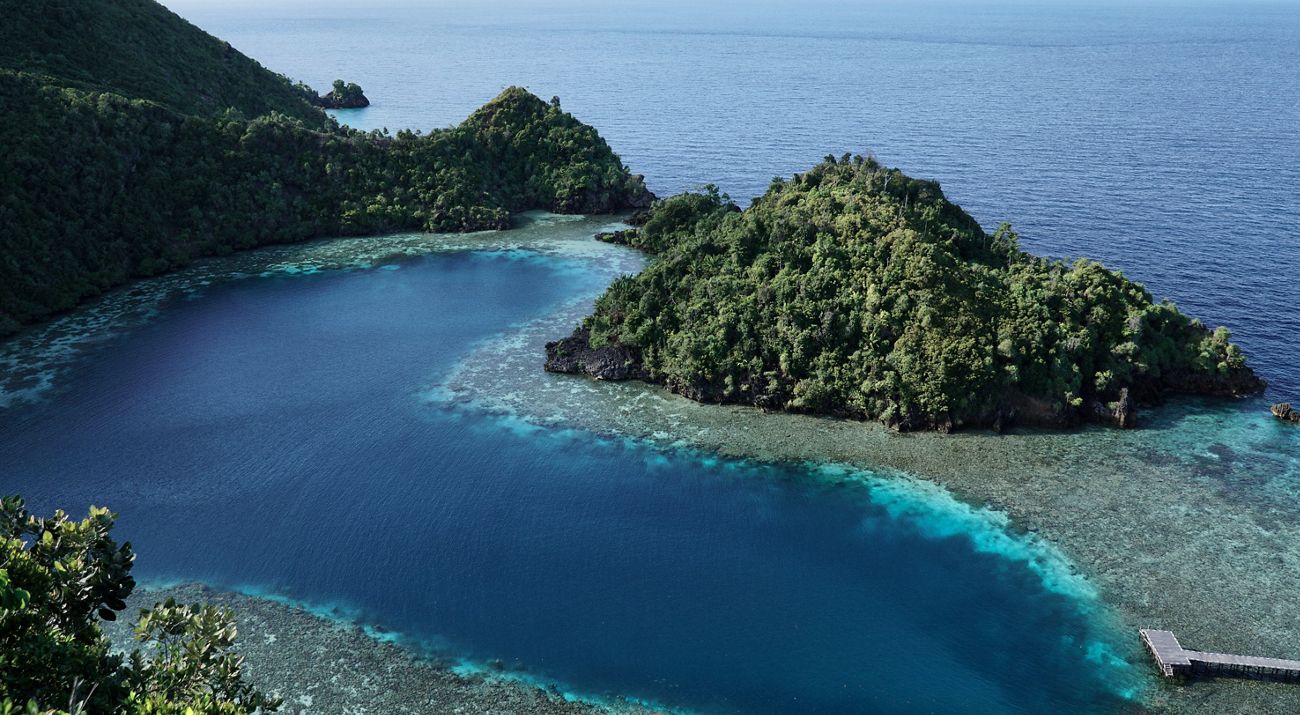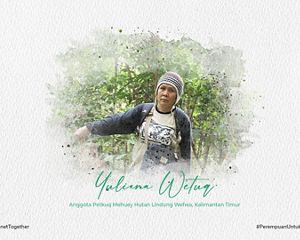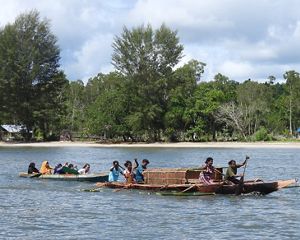
Increasing demand for food, energy, minerals and infrastructure drives extractive development and commodity-based to areas that have historically avoided big scale conversion.
This has implications for both Indigenous Peoples and the lands and waters they manage, which store most of the world's biodiversity and help mitigate global climate change. It also emphasizes the need for greater support for the stewardship of Indigenous Peoples and the adoption of a rights-based, transformative approach to conservation.
Conservation led by Indigenous Peoples will be a key part in protecting 30% of the world's marine, freshwater and terrestrial ecosystems by 2030, an ambitious goal agreed upon by nearly 200 countries last December as part of the Framework Global Biodiversity Framework (GBF).
Read: Towards the Geopark Status of Sangkulirang-Mangkalihat
On the International Day of the World's Indigenous Peoples which falls on August 9 commemorating "Indigenous youth as agents of change for self-determination", Yayasan Konservasi Alam Nusantara encourages the involvement of indigenous peoples, especially youth, in the sustainable management of their natural resources. Indigenous peoples management programs can be implemented by taking into account three main elements, namely Rights, Representation and Capital.
Download
Pengelolaan sasi di Kapatcol berbeda dengan lainnya, karena dilakukan oleh perempuan. Awalnya sasi hanya melibatkan lelaki.
Download




